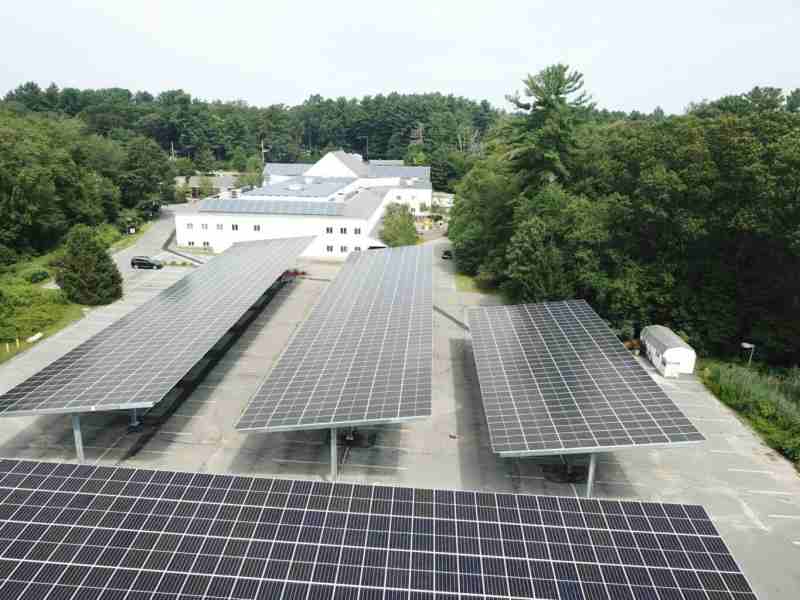Lifestyle
The Future of Parking – How a Solar Canopy Parking Lot Transforms Energy and Space

As cities grow and parking demands increase, innovative solutions are needed to maximize space while reducing environmental impact. One such solution is the solar canopy parking lot, a structure that not only provides shaded parking but also generates clean renewable energy. Beyond its immediate utility, this concept represents a leap forward in urban planning, sustainability, and cost savings for both businesses and municipalities.
What is a Solar Canopy Parking Lot?
A solar canopy parking lot is a specialized installation where solar panels are mounted above parking spaces, creating a dual-purpose structure. The canopy acts as a shelter for vehicles, protecting them from sunlight, rain, and snow, while simultaneously harnessing solar power. Unlike traditional ground-mounted systems, this approach makes use of otherwise unused parking areas, turning them into renewable energy hubs.
How Solar Canopies Differ from Rooftop Panels
While rooftop solar panels rely on building surfaces, solar canopy parking lots are independent structures. This distinction allows businesses, schools, hospitals, and shopping centers to benefit from solar energy without modifying existing roofs. Moreover, they provide the added benefit of shaded parking, which is particularly valuable in hot climates.
Key Benefits of Installing a Solar Canopy Parking Lot
Renewable Energy Generation
Every solar canopy parking lot can produce significant electricity, reducing reliance on fossil fuels and cutting utility bills. The generated power can be used for onsite consumption or fed back into the grid.
Enhanced Customer and Employee Experience
Shaded parking makes vehicles cooler, reduces interior damage from heat, and provides protection against harsh weather. This improves user satisfaction in commercial centers, universities, and corporate campuses.
Sustainability and Green Branding
Companies investing in solar canopy parking lots showcase their commitment to environmental responsibility. This strengthens brand image and meets growing consumer demand for sustainable practices.
EV Charging Integration
A major advantage is pairing canopies with EV charging stations. As electric vehicles become mainstream, a solar canopy parking lot offers self-sustained charging infrastructure, reducing grid dependency.
Cost Considerations and Long-Term Value
Initial Investment vs. Savings
Installing a solar canopy parking lot requires higher upfront costs compared to rooftop systems. However, these costs are offset by long-term savings in electricity, reduced maintenance, and potential government incentives.
Incentives and Tax Benefits
Governments across the globe encourage solar adoption through grants, tax rebates, and renewable energy credits. These incentives significantly improve the return on investment.
The Future of Solar Canopy Parking Lots
The adoption of these systems is expected to accelerate as urban areas search for sustainable infrastructure. Combined with smart grid technology and energy storage, the solar canopy parking lot could become a cornerstone of green city planning.
Conclusion
The solar canopy parking lot is more than just shaded parking; it is a strategic investment in sustainability, energy independence, and consumer satisfaction. As costs decline and awareness grows, this solution is poised to reshape parking infrastructure worldwide, offering both environmental and economic advantages.
Source:
Click for the: Full Story
You might like













 Close Menu
Close Menu